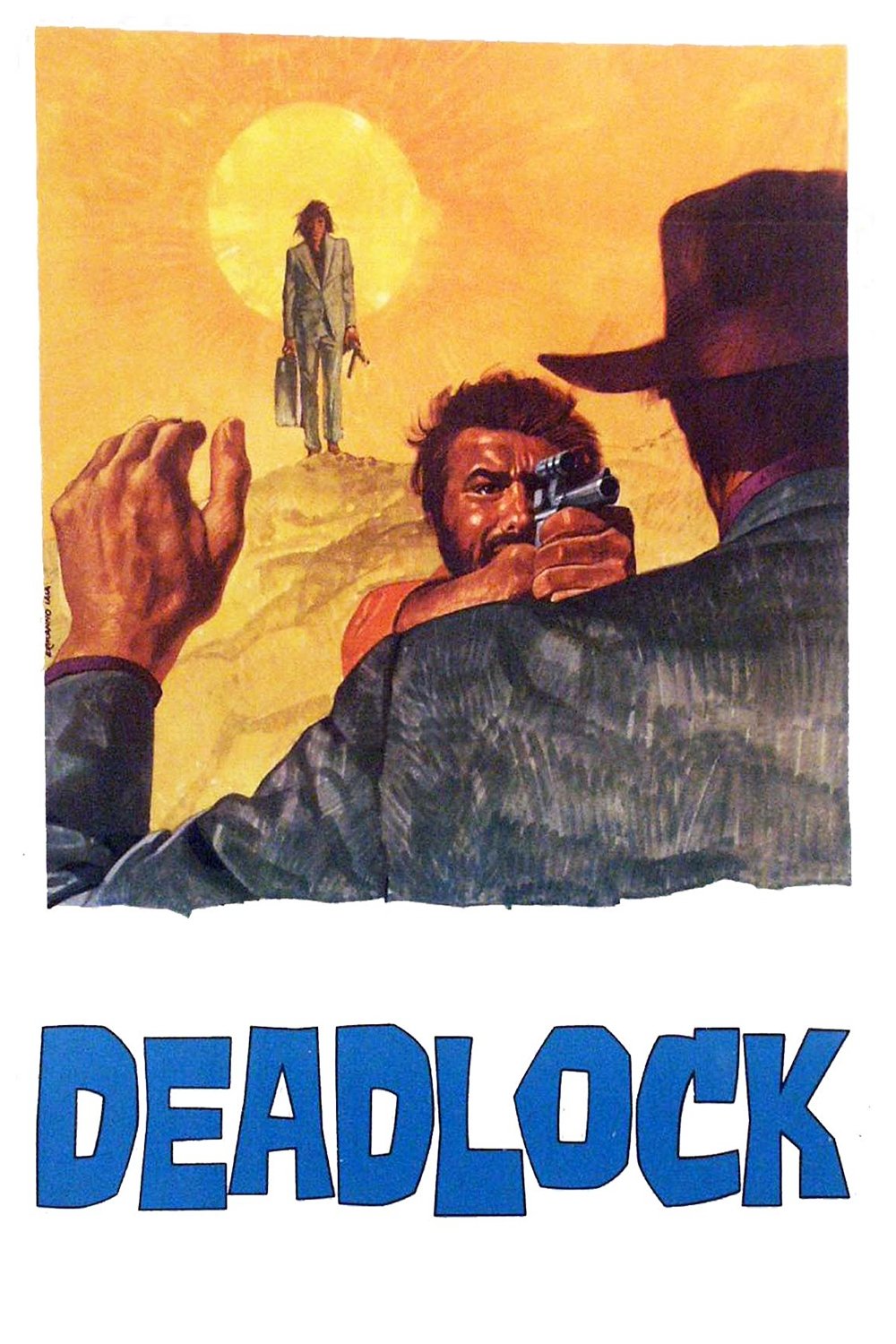

“After our experience on ‘White Elephant,’ it was decided as a team that we would not do another,” Johnson said. Johnson, the director, said he subsequently was offered the opportunity to film two additional movies with Willis, so he discussed the situation with his creative team. “Someone would give him a line and he didn’t understand what it meant. “It was less of an annoyance and more like: ‘How do we not make Bruce look bad?’” one of the crew members said. Filmmakers proceeded to quickly film the actor’s parts, even as Willis questioned where he was: “I know why you’re here, and I know why you’re here, but why am I here?” two crew members said he asked aloud. “They stated that he was happy to be there, but that it would be best if we could finish shooting him by lunch and let him go early,” Johnson recalled of the conversation.

Eads - and bluntly asked about the actor’s condition. But when the filmmaker and the actor met briefly before shooting began in Georgia last April, “it was clear that he was not the Bruce I remembered,” Johnson said.Ĭoncerned about Willis’ mental state, he said he approached the actor’s team - which is led by his assistant-turned-handler Stephen J. Johnson, who directed the low-budget film “White Elephant,” first worked with Willis decades ago when he was a stuntman. Some film directors told The Times that they were startled by Willis’ condition in the last year. The group behind the Razzie Awards, which each year compiles a list of the industry’s worst films, in February created an entire category for Willis’ films. Meanwhile, fans online began questioning why Willis was cranking out so many low-budget films, most of which were panned by critics. The actor’s contracts stipulated that he was not to work more than eight hours a day, but he often stayed for only four, according to production sources. Willis’ longtime management team - including a powerhouse group of agents at the Creative Artists Agency - made sure that his film shoots were limited to two days. Legendary “Die Hard” and “Pulp Fiction” star Bruce Willis will end his acting career after being diagnosed with aphasia. Science & Medicine What is aphasia? Behind the brain disorder that has affected Bruce Willis I’m not going to do any other Bruce Willis movies.’ I am relieved that he is taking time off.”Ī representative for Willis declined to comment beyond the family statement.
DEAD LOCK MOVIE MOVIE
way better than last year.” “I took him at his word,” Burns said.īut when they started filming the movie last October, “I didn’t think he was better I thought he was worse,” Burns said. Last fall, Burns was offered the chance to direct another Willis film, “Wrong Place,” but he was worried about the actor’s health.īurns said he called one of Willis’ associates and asked him: “How’s Bruce?” Burns said he was told that Willis was “a whole different person. At the end of the day, Burns felt conflicted.

On that film, Burns was tasked with compressing all of Willis’ scenes - about 25 pages of dialogue - into one day of filming, which he said was exceedingly difficult. “After the first day of working with Bruce, I could see it firsthand and I realized that there was a bigger issue at stake here and why I had been asked to shorten his lines,” Burns said. Most action scenes, particularly those that involved choreographed gunfire, were filmed using a body double as a substitute for Willis.īurns was one of a handful of people who knew Willis was struggling with his memory, but he said he was unaware of the severity of the actor’s condition until June 2020, when he was directing his first film, “Out of Death.” It was among 22 films Willis did in four years. An actor who traveled with Willis would feed the star his lines through an earpiece, known in the industry as an “earwig,” according to several sources. Filmmakers described heart-wrenching scenes as the beloved “Pulp Fiction” star grappled with his loss of mental acuity and an inability to remember his dialogue.

These individuals questioned whether the actor was fully aware of his surroundings on set, where he was often paid $2 million for two days of work, according to documents viewed by The Times. In interviews with The Times this month, nearly two dozen people who were on set with the actor expressed concern about Willis’ well-being. “As a result of this and with much consideration Bruce is stepping away from the career that has meant so much to him,” the actor’s daughter Rumer Willis wrote in an Instagram post also signed by her siblings, the actor’s wife, Emma, and his former wife, Demi Moore.Īccording to those who have worked with the elder Willis on his recent films, the actor has been exhibiting signs of decline in recent years.


 0 kommentar(er)
0 kommentar(er)
